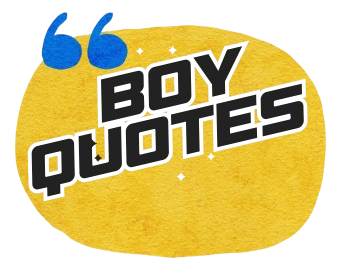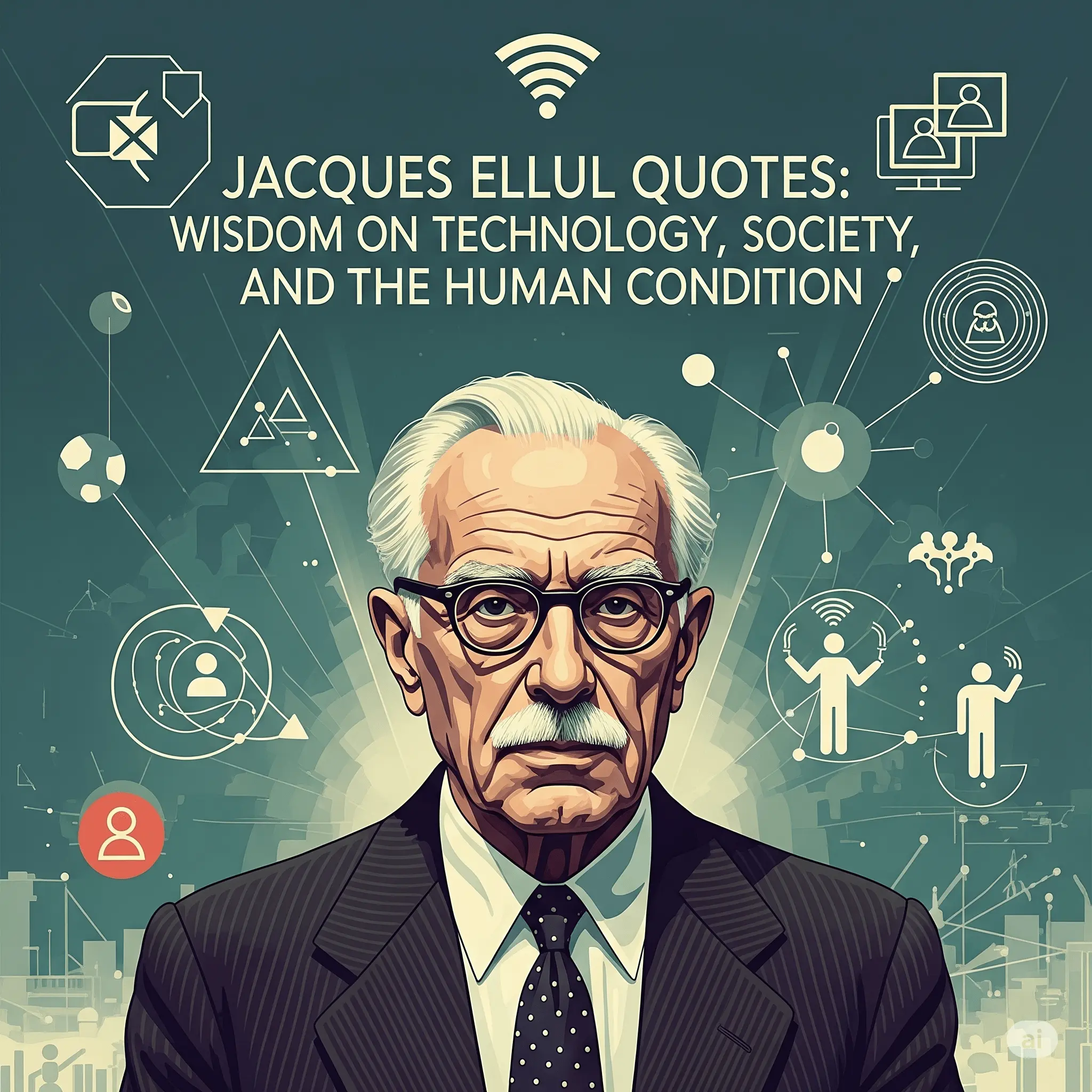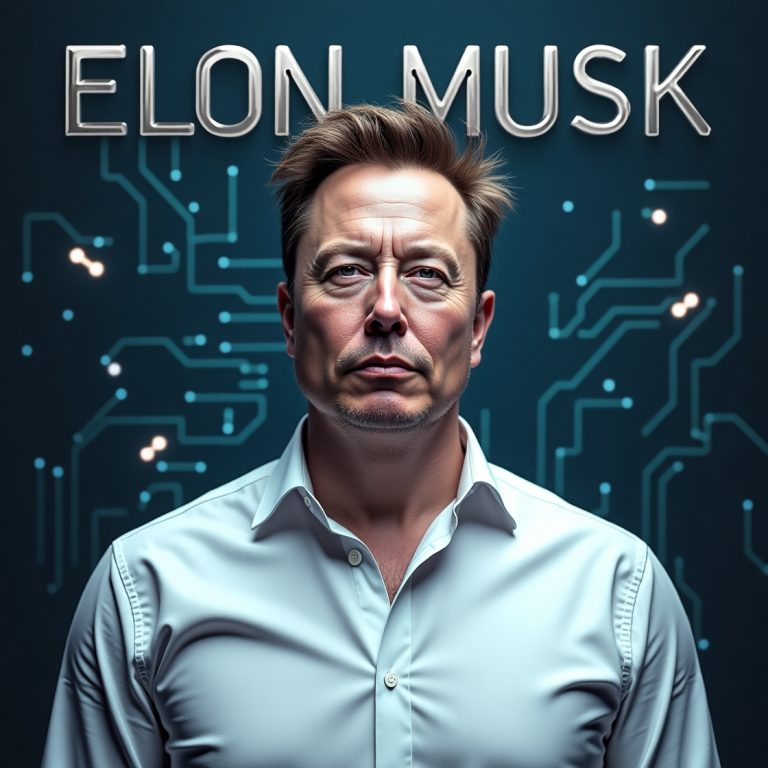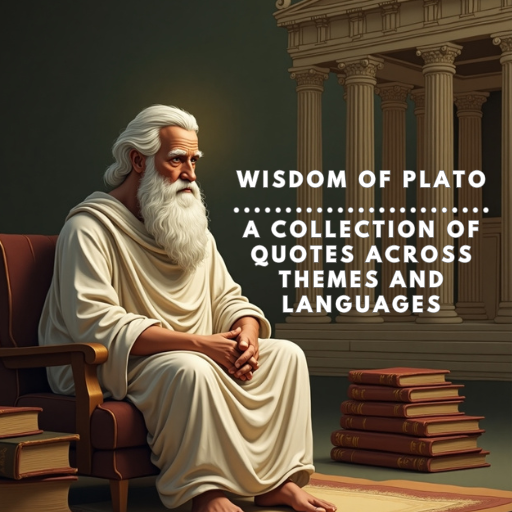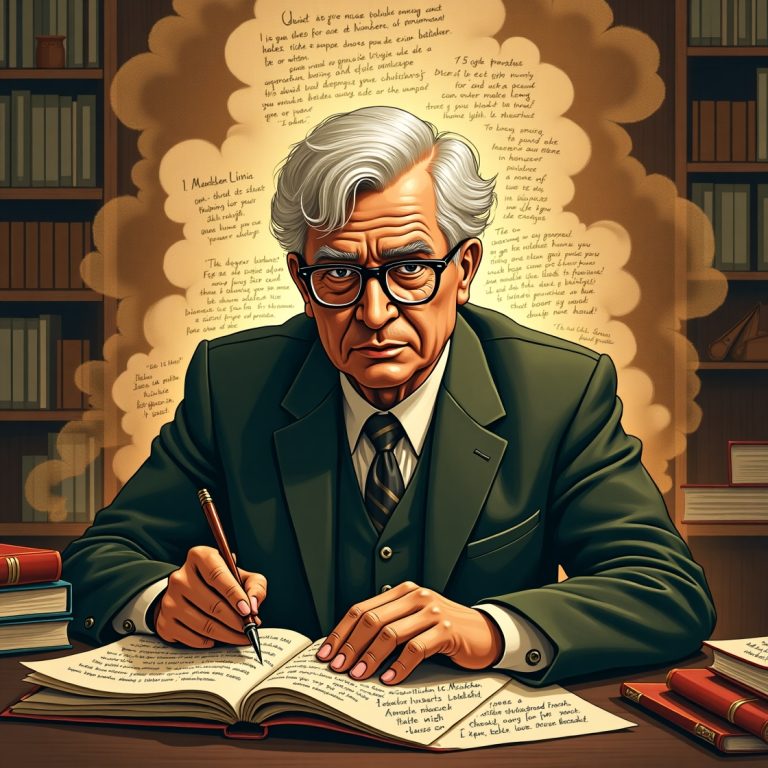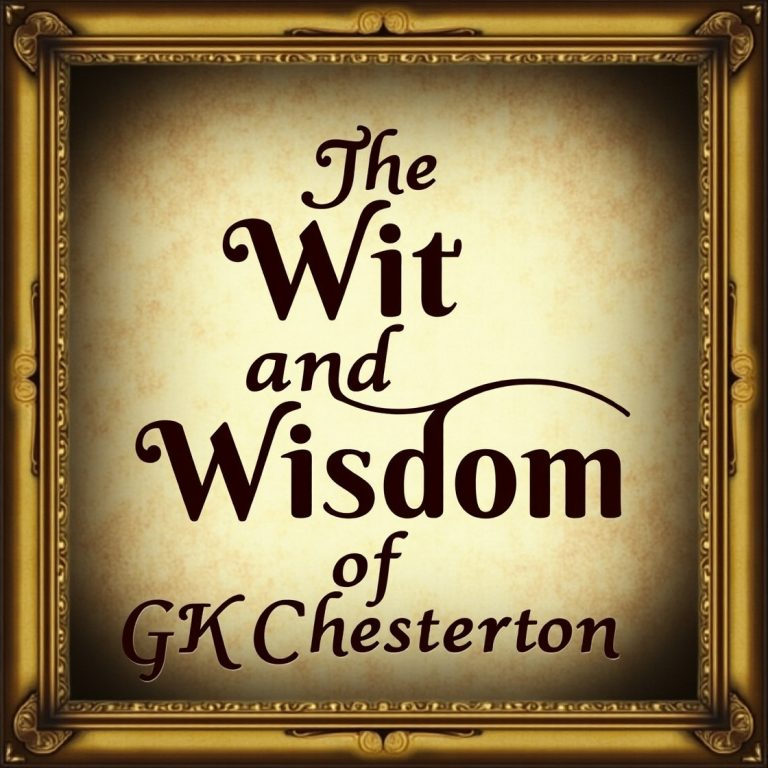Jacques Ellul Quotes: Wisdom on Technology, Society, and the Human Condition
In an age where technology permeates every facet of life — from how we communicate to how we think about ourselves — the insights of French philosopher and sociologist Jacques Ellul (1912–1994) are more relevant than ever. A prolific writer, theologian, and critic of modernity, Ellul offered a sharp and often unsettling lens through which to view the technological forces shaping our world.
His most famous work, The Technological Society , published in 1954, remains a foundational text for understanding the societal implications of unrestrained technological growth. He argued that technology was not merely a set of tools but a new form of power — one that dictated not only how we live, but how we think, feel, and relate to one another.
Ellul’s influence extends across disciplines — sociology, political theory, theology, philosophy, and media studies. As artificial intelligence, surveillance capitalism, digital propaganda, and algorithmic control become dominant forces, his warnings take on renewed urgency.
This post explores some of Ellul’s most profound quotes, placing them within the broader context of his thought and examining their relevance for today’s technologically saturated world.
🛠️ On Technology: The New Sovereign Power
At the heart of Ellul’s philosophical project is the idea that technology has become autonomous , operating beyond human control or moral reasoning. In his view, technology isn’t just a collection of machines or gadgets; it’s a system of logic — what he called “technique” — that governs all aspects of life.
“The technological society is a society in which technology has become so completely dominant that it determines all aspects of life.”
This quote captures the essence of Ellul’s argument: technology doesn’t simply serve humanity — it shapes it. In this vision, technology becomes the defining force of culture, politics, economics, and even personal identity. We no longer use technology as a tool; rather, we adapt our lives to fit its demands.
The Rise of Technique
Ellul famously distinguished between “technology” and “technique.” While the former refers to physical devices, the latter denotes the rationalized, systematic method applied to every domain of human activity:
“Technique is the totality of methods rationally arrived at and having absolute efficiency (for a given stage of development) in every area of human activity.”
This definition underscores Ellul’s concern: technique prioritizes efficiency above all else, regardless of ethical considerations. Whether in education, healthcare, governance, or interpersonal relationships, the logic of technique seeks optimization, standardization, and predictability — often at the expense of individual freedom and organic human experience.
Today, this can be seen in everything from standardized testing in schools to data-driven healthcare protocols and algorithmically optimized social interactions on platforms like Facebook or TikTok.
When Efficiency Replaces Ethics
“When technique becomes the final form of reason, man is finished.”
One of Ellul’s most chilling warnings, this quote encapsulates his fear that as humans adopt technical thinking as the primary mode of decision-making, we risk abandoning other forms of knowledge — particularly moral and spiritual wisdom.
For example, consider how decisions in corporations and governments increasingly rely on data analytics and AI models. While these tools offer insight, they also reduce complex human situations into quantifiable variables, stripping away nuance and empathy.
Ellul saw this as a dangerous narrowing of human consciousness — when efficiency becomes the sole measure of value, ethical concerns fade into irrelevance.
🌍 On Modern Society: Propaganda, Control, and Illusion
Beyond technology, Ellul was deeply concerned with the mechanisms of propaganda and mass manipulation. His book Propaganda: The Formation of Men’s Minds (1965) offers a harrowing analysis of how modern societies are shaped not by reasoned debate, but by invisible systems of influence.
“Propaganda is a mere tool… but one that conditions the individual totally.”
Here, Ellul argues that propaganda doesn’t just manipulate people — it restructures their perception of reality. It creates environments in which individuals believe they are making free choices, while in fact, their thoughts and desires have been engineered by media, advertising, political messaging, and algorithmic curation.
In today’s digital world, where personalized content feeds dominate via platforms like YouTube, Instagram, and news sites, Ellul’s insights are eerily prescient. Users are bombarded with tailored messages that reinforce existing beliefs, creating echo chambers and reducing critical thinking.
The Illusion of Freedom
“We are not free. We are determined by technique, by the social machine, by propaganda, by mass opinion.”
This quote distills Ellul’s view of the modern individual as a product of external forces. In spite of democratic ideals and the illusion of autonomy, he believed that most people are effectively governed by unseen systems.
Consider how algorithms dictate what we see online, how consumer culture influences our desires, and how corporate structures shape our career paths and life choices. These systems condition behavior far more than most people realize.
“The illusion of freedom is stronger in the masses than ever before because they have the impression of participating in everything.”
Ellul critiques the paradox of modern democracy: citizens feel empowered through voting, social media commentary, and consumer choice, yet these actions often amount to little more than symbolic participation in a system they cannot truly influence.
This illusion of engagement masks deep structural inequalities and centralized control — a theme that resonates in contemporary debates about big tech monopolies, misinformation, and political polarization.
🕊️ On Faith and Ethics: Christianity in a Technological Age
What sets Ellul apart from many secular critics of technology is his theological grounding . A committed Christian, he viewed faith not as a private belief system, but as a radical alternative to the values of the technological society.
“To be truly Christian means to live an absurd life from the point of view of the world.”
For Ellul, genuine Christianity requires rejecting the world’s metrics of success — productivity, efficiency, popularity — in favor of a life oriented around truth, love, and justice. This path, though irrational by worldly standards, represents the only authentic resistance to the dehumanizing forces of technique and propaganda.
“There is no ethical system that can stand against technique.”
Ellul recognized that traditional moral frameworks struggle to counteract the relentless logic of technological systems. Unlike religion, which provides transcendent meaning, ethics often remain bound to the same rationalistic paradigms that enable technical domination.
“God must speak where man falls silent.”
This poetic quote reflects Ellul’s belief that ultimate meaning lies beyond human reason and technological control. In moments where human systems fail — where technique leads to oppression, alienation, or ecological collapse — it is the divine voice that calls us back to our full humanity.
🧠 On Human Nature and Freedom: Are We Still Free?
Ellul’s reflections on freedom are among his most philosophically rich. He didn’t deny the possibility of autonomy, but he questioned whether modern individuals had access to it.
“Freedom can exist only if there is a possibility of saying ‘no.’”
This quote suggests that true freedom requires the capacity to resist — to reject the pressures of conformity, consumption, and technological conditioning. Without this ability, freedom becomes a myth.
“Man believes himself to be free when he is simply obeying his conditioning.”
Here, Ellul exposes the psychological dimension of control. Many people think they act freely, but their choices are shaped by advertising, peer pressure, cultural norms, and digital manipulation. The illusion of choice is maintained, but the options themselves are curated.
“The individual becomes a function of the machine.”
Perhaps the most haunting image in Ellul’s work, this line describes the reduction of human beings to roles within a vast technological apparatus. People are no longer ends in themselves, but instruments serving the system.
Today, this can be seen in the gig economy, where workers function as disposable nodes in algorithmically managed labor networks. Or in education systems that treat students as data points to be measured and ranked rather than unique individuals to be nurtured.
📚 Why Read Ellul Today?
Jacques Ellul may have lived before the digital revolution, but his analysis anticipated many of the challenges we now face. His work invites us to ask:
- Can we reclaim meaningful freedom in a world dominated by algorithms?
- Is there still room for moral and spiritual values in a society ruled by efficiency?
- How do we resist becoming tools of the tools we’ve created?
Ellul does not offer easy solutions, nor does he romanticize the past. Instead, he calls us to awareness — to recognize the systems that shape us, to question their legitimacy, and to seek alternatives rooted in human dignity and transcendence.
If you’re interested in exploring these questions further, here are a few key works to begin with:
- The Technological Society – For an in-depth examination of technique and its effects.
- Propaganda – To understand how modern minds are formed and controlled.
- The Humiliation of the Word – On the erosion of language and truth in the media age.
- Hope in Time of Abandonment – A theological reflection on finding meaning amid despair.
👁️ Final Reflections
Jacques Ellul’s vision is neither utopian nor dystopian — it’s realistic. He saw clearly the dangers of unchecked technological growth and the erosion of human agency. Yet, he never abandoned hope. For Ellul, the first step toward liberation is understanding — seeing the systems that bind us and choosing, however small the gesture, to resist.
As we navigate an era of AI, surveillance, and total connectivity, Ellul’s voice remains essential — not just as a warning, but as a guide. His quotes are not mere aphorisms; they are invitations to awaken.
💬 Which Ellul Quote Speaks to You Most?
- Was it his warning about technology replacing reason?
- His critique of propaganda and mass manipulation?
- Or perhaps his call for a countercultural faith in a mechanized world?
Let us know in the comments below — and share your own reflections on how Ellul’s ideas apply to your life today.
